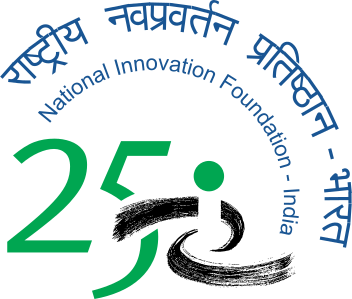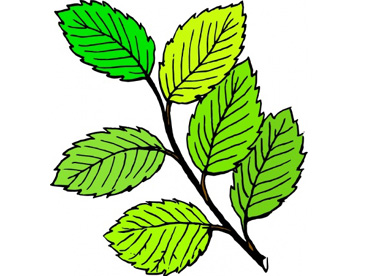Herbal formulation for control of crop pests
Shri K. M. Chellamuthu (36 years), is an agriculture labourer who lost his land due to family disputes. He lives in a village called Karukkampalayam This area is known for intensive farming. It is situated in the Bhavani riverbed area. Farmers grow crops like turmeric, onion and sugarcane, coconut and jasmine. There is a great demand of pesticides in this area especially during the months of October through December. Over a decade, he had been involved in spraying chemical pesticide by using a power sprayer but lately he has shifted towards herbal pesticide. A year and a half ago Chellamuthu, experienced frequent headaches and nausea after spraying the chemical pesticides. He was admitted to a nearby hospital in Kodumudi town run by Dr. Natarajan, a civil surgeon. The doctor advised him to try a herbal formula developed by an NGO called "Nature Trust" in Pudukottai. This NGO has been advising farmers to undertake organic practices including spraying herbal pesticide. Shri Chellamuthu immediately accepted that idea and started preparing herbal formula. Herbal pesticide for controlling nematode infestation in turmeric crop For controlling nematode infestation in turmeric crop, 250 g ginger, 250 g chilli, one kg `nochi' leaves (Vitex negundo), 500 g garlic, leaves of `sotrukatralai' (Aloe vera), one kg neem seeds and one kg Clerodendron inerme are pounded well. This is mixed with 150-litre water and sprayed on 120th day of planting. The above-mentioned quantity is sufficient for one acre-cropped area. Herbal Pesticide for Paddy One kg each of `nochi' (Vitex negunda), `peenari changu' (Clerodendrum inerme), `chothukathalai' (Aloe vera), Neem seeds, are pounded well by adding little water and then diluted in 100 litre of water for spraying one acre. Initially, many farmers were not interested in trying out his formula. So he secretly tested this formula on his uncle's field. After three days when his uncle noticed that the crop was good, Shri Chellamuthu revealed that he had actually sprayed herbal pesticide on that crop. Therefore his uncle gave him permission for spraying the herbal pesticide in another three acres of his fields. Later on, many farmers came forward to accept this herbal pesticide. For paddy crop, he sprays the pesticide only once after 25 -30 days of planting. It is reported to take care of all sorts of pest and disease problem. He charges Rs 20 per spray tank (Rs 12 towards the cost of herbal pesticide preparation and Rs 8 as rent for spraying operation). Since then, the demand for herbal pesticide has been growing in neighbouring 10-20 villages. In order to meet their demand, he has purchased a wet grinder (power operated) and uses it exclusively for grinding herbal ingredients. However, when the capacity of the wet grinder is not sufficient, he utilizes the rotary extractor/machine for grinding his herbal ingredients in nearby villages by paying a rent of Rs 50 per hour. The mixture is kept overnight before it is used for spraying. Herbal formula for control of Eriophyid mite: He has developed a new formula for control of coconut Eriophyid mite. Due to the incidence of the mite, the nuts shrink and become small in size thus affecting their marketability. Further minute cracks and dryness is found on the husk, which makes the husking operation difficult. Consequently the coconut growers incur significant loss. He has also tested this formulation successfully in the garden of some farmers in his village having about 2000 trees. The herbal ingredients include one kg each, leaves of Custard apple (Annona squomosa), turmeric rhizome, `peenari changu' (Clerodendrum inerme), `chothukatralai' (Aloe vera), `nochi (Vitex negundo), Neem kernel (Azadirachta indica) and Calotropis sp.. These ingredients are pounded well and made into a paste by adding sufficient water and about five litre of juice is extracted. The juice is further diluted with another 15 litre of water to make it 20 litre. This herbal extract is administered into the crown region at the rate of two litre per palm tree after the harvest of nuts. This treatment can be repeated once in two months during the harvesting period. He charges Rs.10/- per coconut tree for applying this treatment.








